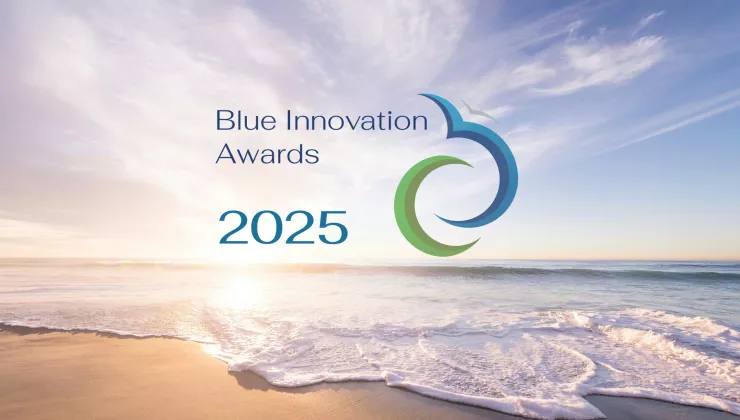EVERBLUE
In the first phase, more than 200 different wind tunnel tests will be carried out to collect accurate and reliable experimental data that can be used as a benchmark for the next phases and for future projects. The experimental test program will be based on a single container ship representative of the modern so-called Ultra Large Container Vessels (ULCS), and will include three different container stacking configurations.
In the second phase, numerical simulations will be performed using Computational Fluid Dynamics (CFD) simulations. The interesting data are mainly the wind forces and moments acting on the moored ship, but also valuable additional insights regarding the flow pattern of the wind around port structures (tanks and container stacks) and stacked containers on the ship, as provided by CFD simulations.
Finally, in the third phase, the creation of a unique database from wind tunnel tests and CFD will be applied as input for Dynamic Mooring Analysis (DMA) simulations, for which MTD has a state-of-the-art code that has been developed in-house. DMA simulations will assess the impact of different wind conditions on the complex dynamic system, which includes the moored vessel, the mooring equipment and the specific terminal structure and mooring configuration. The ultimate goal of this phase is to develop guidelines and recommendations to improve the efficiency and safety of mooring of ULCS and other vessels with high vertical clearance.
Partners: Ghent University (lead) and Von Karman Institute for Fluid Dynamics
Industry Advisory Board: BRABO, Multi Engineering, Port of Antwerp – Bruges, North Sea Port and Flemish Hydrography
With financial support from: VLAIO (Flanders Innovation & Entrepreneurship)
Contact: Eveline Buyck


